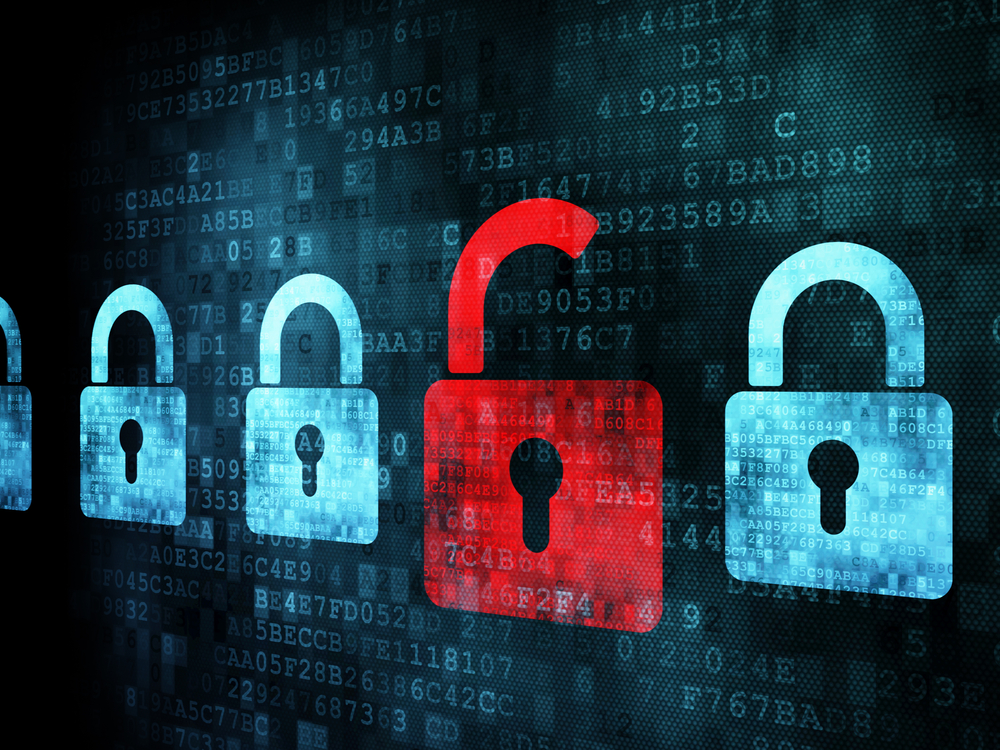A team of Israeli researchers says cyber terrorism is not just a virtual attack on individuals or governments but a real danger to the public’s health. The University of Haifa scientists say being hacked can increase psychological and physiological stress and elevate levels of fear and anxiety.
“There are grave physiological effects upon a person’s mind and body,” says lead investigator, Prof. Daphna Canetti of the School of Political Science at the university.

Canetti, together with Prof. Michael Gross and Dr. Israel Waismel-Manor, launched a simulation-based study to provide the first glimpse of how cyber terrorism affects the psychological and physiological well-being of its victims.
In their study, dozens of test subjects were asked to sit in front of a computer and answer a series of random questions. As they filled out the questionnaire, their computer was “hacked” by Anonymous without the test subjects realizing that the attack was part of the experiment.
Immediately before and after the cyber-attacks, respondents gave the researchers a saliva sample to test the level of the hormone Cortisol, a well-known physiological indicator of stress.
The results of the experiment pointed to a significant increase in psychological and physiological stress among those who experienced the simulated cyber-attack by Anonymous. The same subjects also described how their sense of personal security was undermined and how they worried about future cyber-attacks significantly far more than the control group who did not experience the simulated attacks.
The researchers highlight that most people are complacent and, until they are themselves exposed to a personal cyber-attack, they see cyber terrorism as nothing more than an inconvenience that disrupts their computer services, Facebook or Gmail accounts or, in the worst case, steals a credit card number.
But the professors point to the Stuxnet worm, that attacked Iran’s nuclear facility in 2010, as a prime example for the chaos and widespread harm cyber terrorism can bring.
Canetti, Gross and Waismel-Manor have also shown that victims of cyber terrorism experience elevated levels of fear and anxiety even when they are not harmed physically.
“The primary goal of terrorist organizations is not to cause their victims physical harm but to sow fear and trepidation in the heart of the civilian population,” write the researchers. “Our study shows how a cyber-attack by terrorists can achieve the same goal as conventional terrorism and if the State does not take action against cyber terrorists, civilians will suffer significant harm.”













